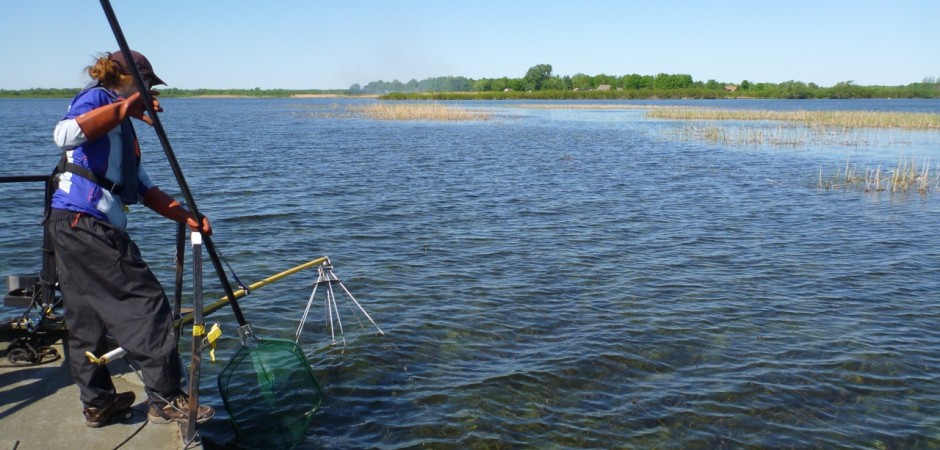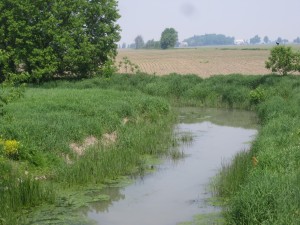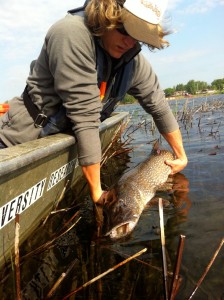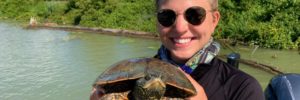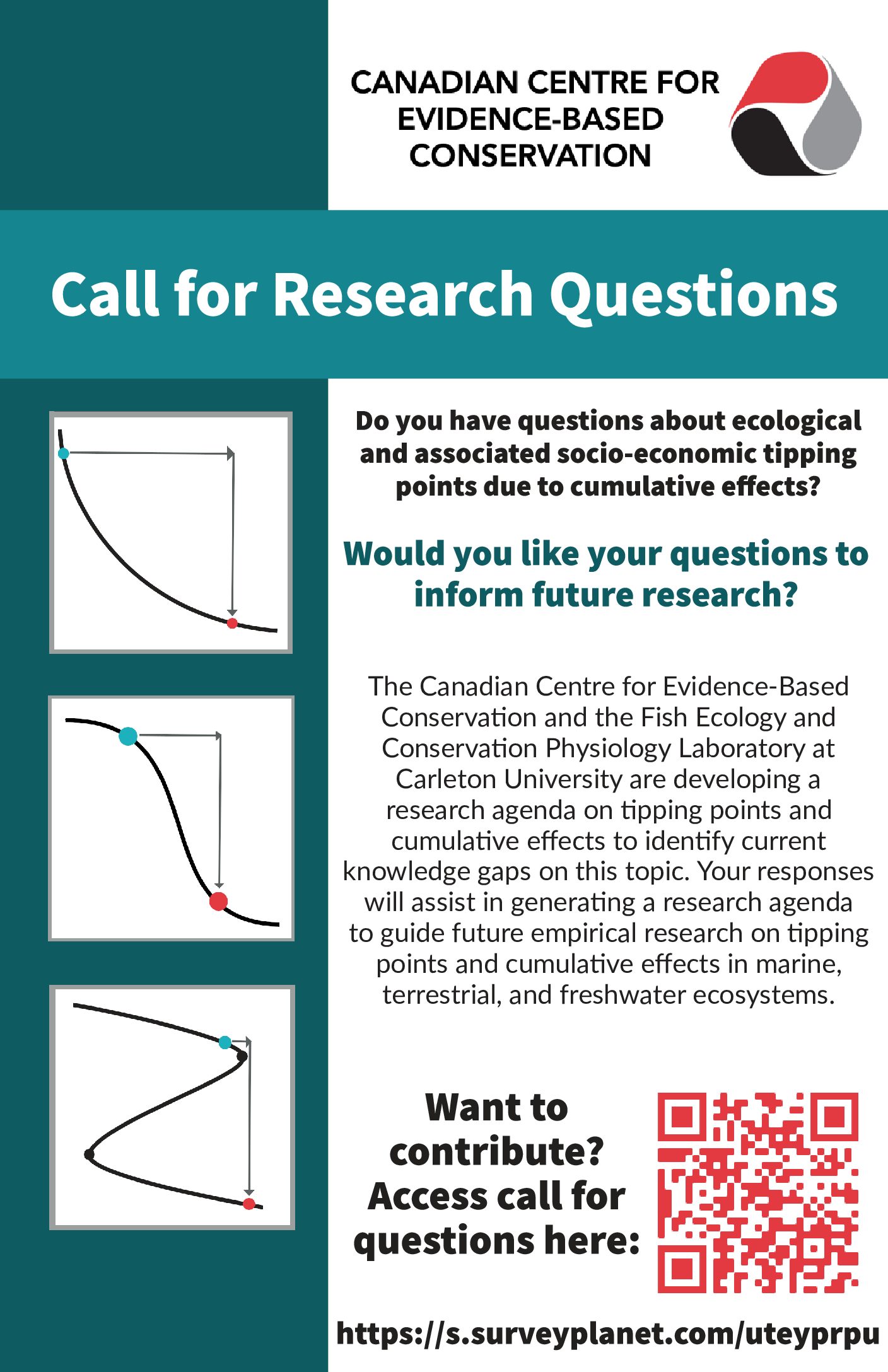Funded By
FEMREF Fund of the US Fish and Wildlife Service
Research Team
Dr. Steven Cooke, Carleton University
Dr. Cory Suski, Univ of Illinois
Dr. Jon Midwood, Carleton University
Jacqueline Chapman, Carleton University
Taylor Ward, Carleton University
Research Summary
The tributaries and coastal wetlands of the St. Lawrence River in and around Cornwall, Ontario have been identified as an Area of Concern (AOC) due to extensive habitat loss, declines in abundance and diversity of resident species, and heavy metal contamination. As a result of being identified as an AOC, the International Joint Commission has drafted and implemented Remedial Action Plans, through which funds are allocated towards expansive rehabilitation efforts. The majority of remediation has focused on water quality, in particular phosphorous levels associated with intensive agriculture.
The unique combinations of habitat degradation and remediation have created a gradient of habitat quality within the Cornwall AOC. Our research will determine how current land use and restoration efforts influence fish in the tributaries, confluences and coastal wetlands at both community and individual levels. The overall objectives of our research are:
– Identify how habitat quality relates to the health and community structure of fish within watersheds in the Cornwall AOC
– Assess seasonal changes in fish community composition in streams, confluences and wetlands, including artificial and restored sites
– Determine the relationship between watershed land use and energy dynamics and overwinter success in small stream fishes
– Examine relationship between land use and parasite burden in resident juvenile fish
– Compare the distribution and health of fish in natural and artificial wetlands
– Assess the relationship between watershed land use and physiological parameters including stress responsiveness and nutritional profile
In order to accomplish these goals, we will collect fish by electrofishing in streams, confluences and wetlands by boat and backpack where appropriate. Sampling will occur seasonally, breaking through ice in winter at key sites when possible. Individual health metrics will be assessed using blood sampling for cortisol, hematocrit and nutritional profiles, while energy dynamics and parasite burden will be assessed by lipid extraction and necropsy. Individual health parameters will be related back to community data to assess the usefulness of individual metrics for predicting community response to habitat quality. Our research will aid in the prioritization of streams for remediation, provide potential avenues for monitoring and help management understand the seasonal dynamics of fishes within the area.

